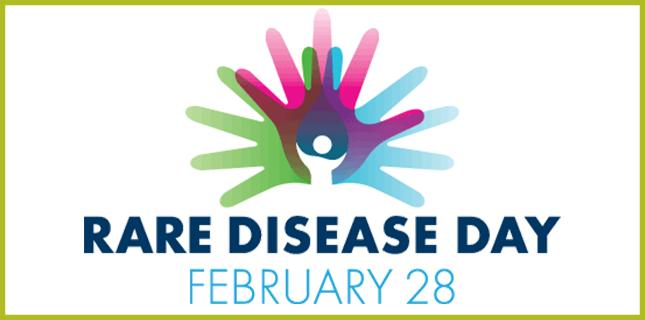Sanofi sings a song for rare disease and equitable care

To mark Rare Disease Day, Sanofi has collaborated with rare disease patients and charities to launch This is Rare, a campaign that puts the voices of the rare disease community centre stage, calling for greater recognition, awareness, and advocacy for the 1 in 17 people affected by rare disease in the UK.
Inspired by the empowerment song ‘This is Me’ – originally sung by Keala Settle in “The Greatest Showman” – rare disease patients, charities, and health professionals came together at Abbey Road Studios to share their experience through music and song, under the guidance of world-famous vocal coaches and presenters, Carrie and David Grant MBEs.
Some 3.5 million people in the UK are afflicted by a rare disease and, at present, each patient might see five different doctors and be misdiagnosed three times before receiving the correct diagnosis. As paediatric physiotherapist Michelle Wood noted, around “three-quarters of all rare diseases affect children and cause a third of infant mortality in the UK”, approximately 6,000 affected by a disease so rare that “it doesn’t even have a name”. Half of those never even get a diagnosis.
Worldwide, there are an estimated 7,000 known rare diseases. Uncommon individually, together, these conditions affect more than 300 million people around the globe. This Rare Disease Day, Sanofi is also inviting people to learn more about 'Rare. We Are Many.’ in support of the considerable community of rare disease patients, families, care-partners, and advocates.
Meanwhile, the This is Rare campaign aims to raise awareness of that individuality of rare diseases, yet their collectively common impact also. Seeking to highlight the need for greater recognition, more timely diagnosis, and appropriate and equitable access to care – the campaign brought members of the rare disease community together to provide a space in which they could convey what rare disease means to them, elevating their voices through connection with one another, and through the power of music.
Carrie and David Grant MBEs commented: “We’re thrilled to be part of this inspiring project […] Raising awareness for people living with a rare disease remains a very important task. We are delighted to be shining a spotlight on the experiences of those involved, who are standing up proudly and saying, ‘This Rare, this is Me’.”
Patient organisations and communities provide invaluable support to those who use their services or participate in their networks. It goes without say that connecting with others also affected by a rare disease can reduce feelings of isolation for patients, empowering individuals with a rare disease and helping to support their families, also.
One such patient is Louise Owusu-Kwarteng, who has thrombotic thrombocytopenic purpura (TTP), an ultra-rare, complex, and life-threatening blood-clotting disorder. Owusu-Kwarteng said: “Singing this song alongside people who, like me, have experienced the struggle of having a rare disease was incredible."
She continued: "We are brave, we are bruised from years of unanswered questions and delays in diagnosis, but we fight on through this song and refuse to be broken ‘down to dust’.” Indeed, it is the poignant lyricism of ‘This is Me’ that really resonated with those who took part in the recording.
Ben Whitehouse, head of Rare Diseases, Sanofi UK and Ireland, stated: “At Sanofi, we’re committed to creating fulfilling futures for extraordinary people. No matter how rare their condition. By focusing on these uncommon and underserved medical conditions, we want to empower the lives of patients with rare diseases by developing and introducing new treatments, as well as providing support that extends beyond our medicines, to deliver our vision for Better Care for Rare.”
There has been much research into the potential link between music and health and studies have shown that singing might reduce the stress hormone cortisol. Also linked to an increase in immunoglobulin A – a potential boost to the immune system – partaking in group singing, such as in a choir, has been found to release endorphins and oxytocin, providing a boost to mental health. Additionally, singing with others increases a better sense of wellbeing, while offering meaningful connection and social inclusion.
In 2021, the All of Us track – composed by musician Anatole with the help of psychologist Dr Claire Howlin of University College Dublin and made available via Spotify – reportedly showed a benefit in 286 people suffering from various types of acute pain, including headache, backache, or period pain in an online experiment.
And, in the same year, pioneer in music therapy Professor Nigel Osborne noted that science is finally catching up with ‘medical music’.













